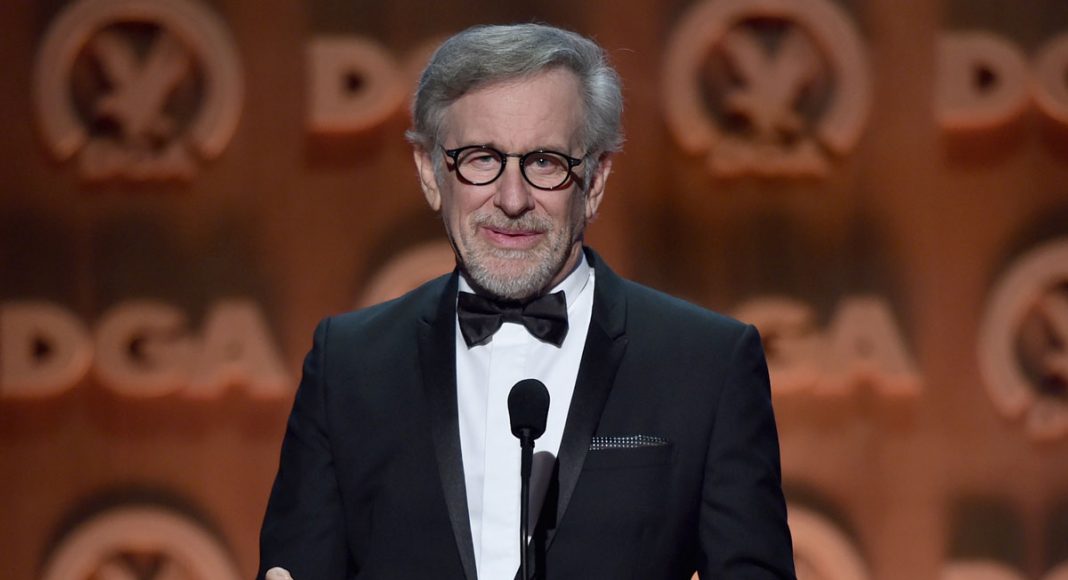Perhaps no living director represents Hollywood’s intersection of art and commerce better than Steven Spielberg. Responsible in some way for most of your childhood favorites — Jurassic Park, Indiana Jones, E.T. — he’s also directed cinematic classics like Saving Private Ryan, Schindler’s List, and Catch Me If You Can. Spielberg understands moviemaking and the movie business better than most, which is why his opinion garners respect from fellow industry members.
That might not include executives at Netflix or Hulu anymore, however. To promote his upcoming film Ready Player One, Spielberg has made the interview rounds. While conversing with the UK’s ITV News, he touched upon technology’s disruption at the movies and his thoughts on the streaming industry.
An ongoing debate in the world of movies revolves around including movies that don’t receive a proper theatrical release into filmmaking’s most venerable institutions, like Cannes and the Oscars. The Cannes Film Festival recently changed their policy, stating a film must receive a theatrical release commitment to compete for its awards following controversy around Okja and The Meyorwitz Stories inclusion in 2017.
Spielberg agrees, stating his opposition in the tokenization of Netflix movies into recent award ceremonies.
“Once you commit to a television format, you’re a TV movie,” the director said. “You certainly, if it’s a good show, deserve an Emmy, but not an Oscar.”
He praised the recent quality in TV writing and storytelling, while expressing concern about the streaming industry’s existential threat to moviegoers, echoing comments from Christopher Nolan. He compared the present situation to previous technological disruptions like when TV and the internet first started, but saysthe wounds are also self-inflicted on Hollywood’s part.
“The difference today is that a lot of studios would rather just make branded tentpole guaranteed box office hits from their inventory of branded successful movies than take chances on smaller films,” Spielberg said. “And those smaller films that studios used to make routinely is now going to Netflix.”
He says that missing middle-budget, artsier movie explains why he’s turned to making tense political thrillers in recent years like The Post and Bridge of Spies, in conjunction with something more wide-reaching like Ready Player One.


